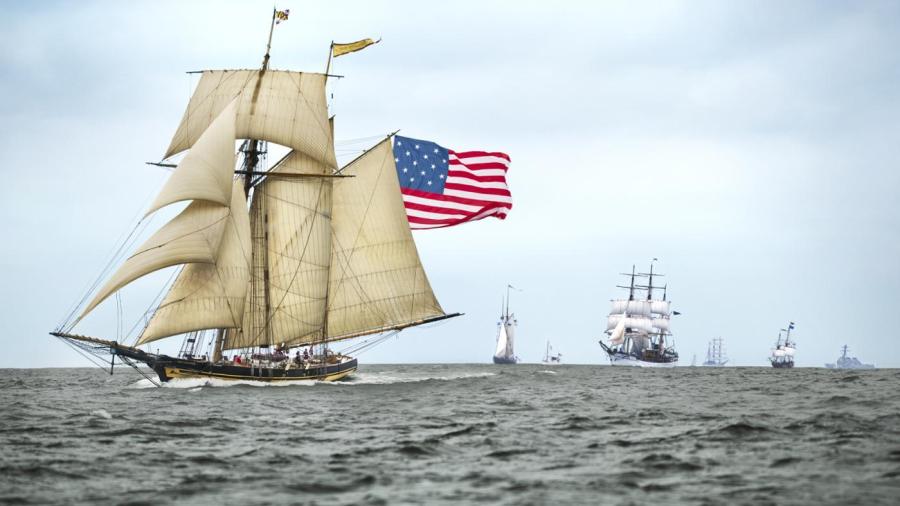Why Did New England Oppose the War of 1812?

New England opposed the War of 1812 primarily as a reaction against the embargo and similar trade restrictions with England and France that Thomas Jefferson and his successor, James Madison, imposed upon American shipping. Because the economy of New England was so heavily dependent upon trade by sea, the measure impoverished the New England states, leading them to rebel against the federal government almost to the point of secession.
The declaration of war had many causes, including the kidnapping and impressment of American sailors into the British Navy, trade restrictions due to the war of England with France, British support of Native Americans against the U.S. Federal government and American desire for Canadian territory. Opposition to the war was fierce, and the Congressional vote for the declaration of war barely passed.
Even after the official declaration of war, the New England state governors refused to cooperate and supply troops for the war effort. They argued that because there was no invasion of United States soil, the government could not conscript the troops of the state militias. In return, President Madison refused to send federal troops to defend New England. Parts of the New England coast suffered greatly during British Navy coastal bombardment and invasion. Federalist delegates met at the Hartford Convention to denounce the war effort and seek more autonomy for New England, but before they could present their demands in Washington, the United States won the war. This effectively brought about the end of their protest and the demise of the Federalist Party.





